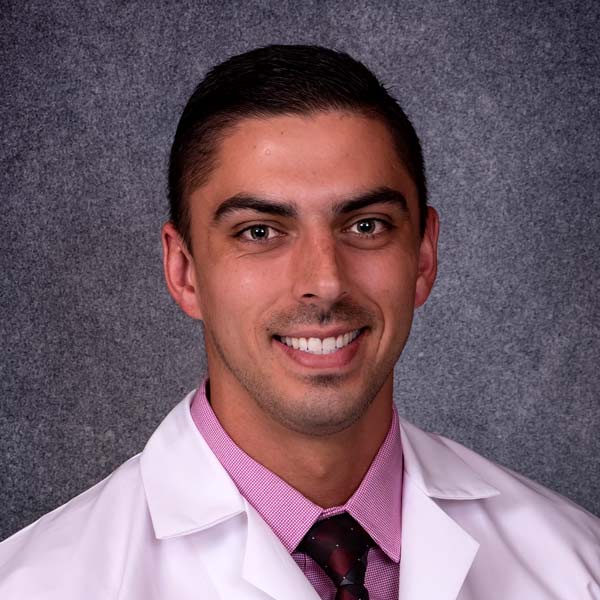 Michael E. Janssen wrote an article commemorating a former teacher, the late Dr. Fritz Magerl. Continue reading below to learn more about Dr. Magerl and his influence.
Michael E. Janssen wrote an article commemorating a former teacher, the late Dr. Fritz Magerl. Continue reading below to learn more about Dr. Magerl and his influence.
As I begin to see the end of my spine surgical career in the distant future, it is easy to reflect on one of the most influential people in the beginning of my spine surgery career. In the first half of 1990, I was blessed with an AOSpine fellowship opportunity in St. Gallen, Switzerland. Correspondence then was not via email or internet but primarily by slow international postal service; therefore, there was not much of an orientation or outline of expectations for these prestigious educational experiences.
I showed up on the first day early, with 50-60 young doctors, students, an Oberarzt, and team members standing in the back of a large x-ray view box prepared to roll through all the images of the patients from the weekend. I noticed there were a few empty seats in the front row. The discussions were all in German and I was struggling to understand. Then silence fell across the entire room as a distinguished, middle aged, confident gentlemen entered the room. He never, turned around or looked back at the crowd. He stated, “Guten Morgen”. Immediately he stared at the first dozen sets of patients’ x-rays, he stated “Ok, als naechstes”, while no one in the audience ever made a comment. The expert professor spoke softly and in the prevailing stillness everyone could hear perfectly.
The next case was a fractured cervical facet with rotational instability, and then the post op x-rays showed single level posterior plate stabilization. My eyes opened up and I shouted out, “Excuse me, that is an unacceptable surgical stabilization”. There was silence across the entire amphitheater. With 50 pairs of eyes staring at me, the distinguished surgeon eyed the x-ray for a couple minutes in dead silence, and then slowly stood up, slowly turned around and looked me dead in the eyes. In English, he stated: “Please tell us whom you are and what you are doing here”. I was briefly intimidates, scared, but remained confident on what I viewed from the back of the room. I introduced myself in a squeaky voice. The distinguished, standing surgeon in the front row introduced himself as “Professor Fritz Magerl”, and he instructed me to come to the front of the room and sit next to him to discuss all the remaining cases that morning. He then asked me if I would like operating with him to revise the posterior cervical facet fracture that morning.
Over the next few months, I spent many hours in the surgical theater amazed with the surgical judgement and talents of Professor Magerl. We spent any free moments dissecting/harvesting upper cervical spine cadaver specimens to explore the possibility to surgically manage odontoid fractures with screws, and perform occipital fixation, and trans articular fixation techniques. We managed many external fixation constructs to the T-L spine for a variety of spinal conditions. Fritz Magerl invited met to attend many educational meetings with him around Europe, and, despite being a true master of spine surgery, he was not a skilled debated in an educational forum; but, he was a “master of persuasion” instead.
Trey Gowdy, past U.S. Senator/prosecutor, recently published a book titled “Doesn’t Hurt to Ask”. The fundamental key to persuasion is to simply ask the right questions, at the right time in front of a group of people that you desire to persuade. His recent book is a mirror image of how Professor Magerl would dominate any size group of surgeons for an educational forum. He was a master at simply asking the perfect question, at the perfect time to collectively transfer his knowledge, wisdom, and experience to anyone lucky enough to be around him.
Dr. Magerl continued to search for the right questions in spine care. He has laid down the foundation of many principles we all assume for surgical decisions each day we are in the operating room, reconstructing a patient’s spine pathology. From a personal standpoint, he ignited my career over 3 decades ago and has influenced my continued search to keep asking myself the perfect question, at the precise time, for patient decision-making. I have finally mastered the ability to answer these question to myself, and have all the more gained ultimate respect for the art of persuasion and surgical judgement, dating back to my time with Professor Magerl.
When I was the AOSpine Chairman a decade ago, I invited Dr. Magerl to be a speaker for a Davos dinner meeting. After I gave the closing speech for the evening he turned to me and stated, “As a surgical leader your confidence will make you, and your lack of talent and experience will destroy you”. I have never forgotten those wise words from such an influential giant in spine surgery.







